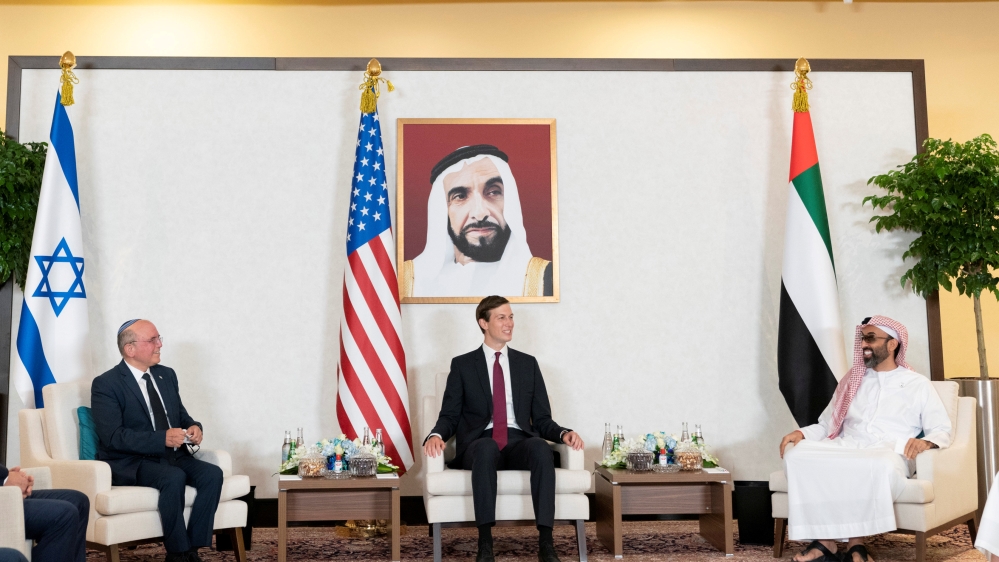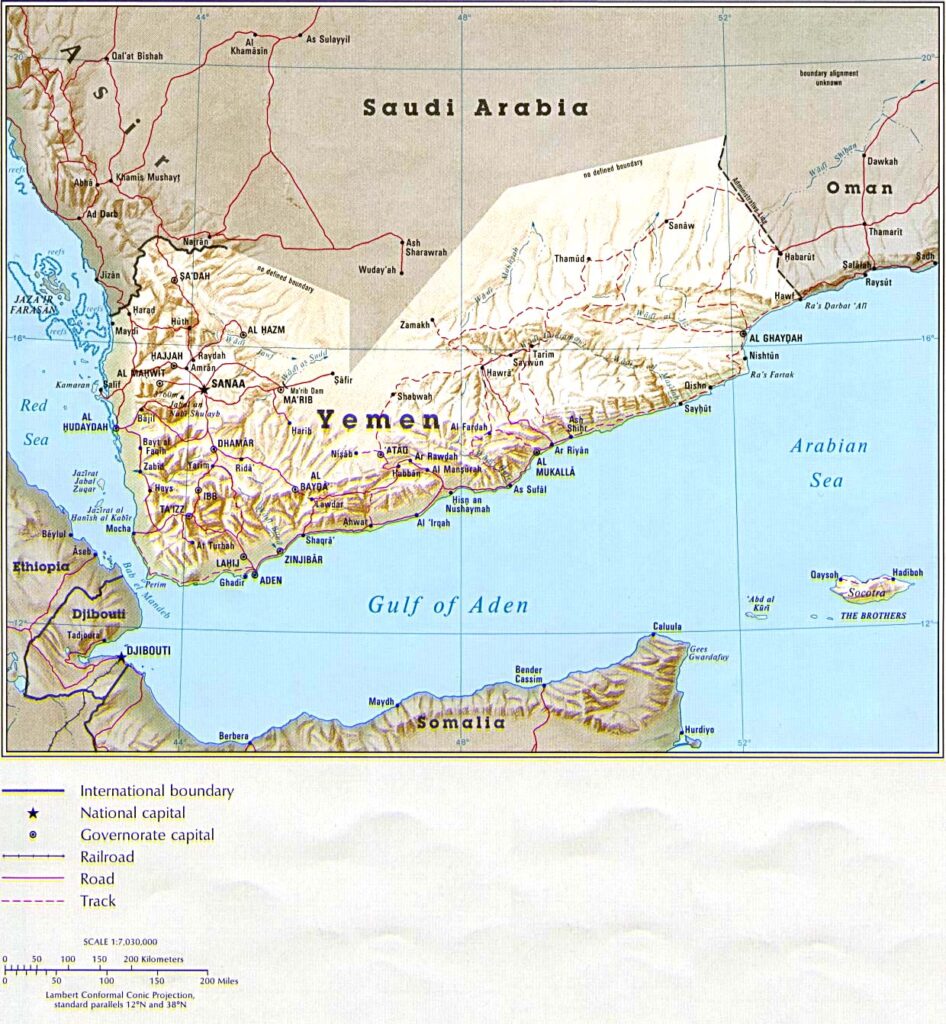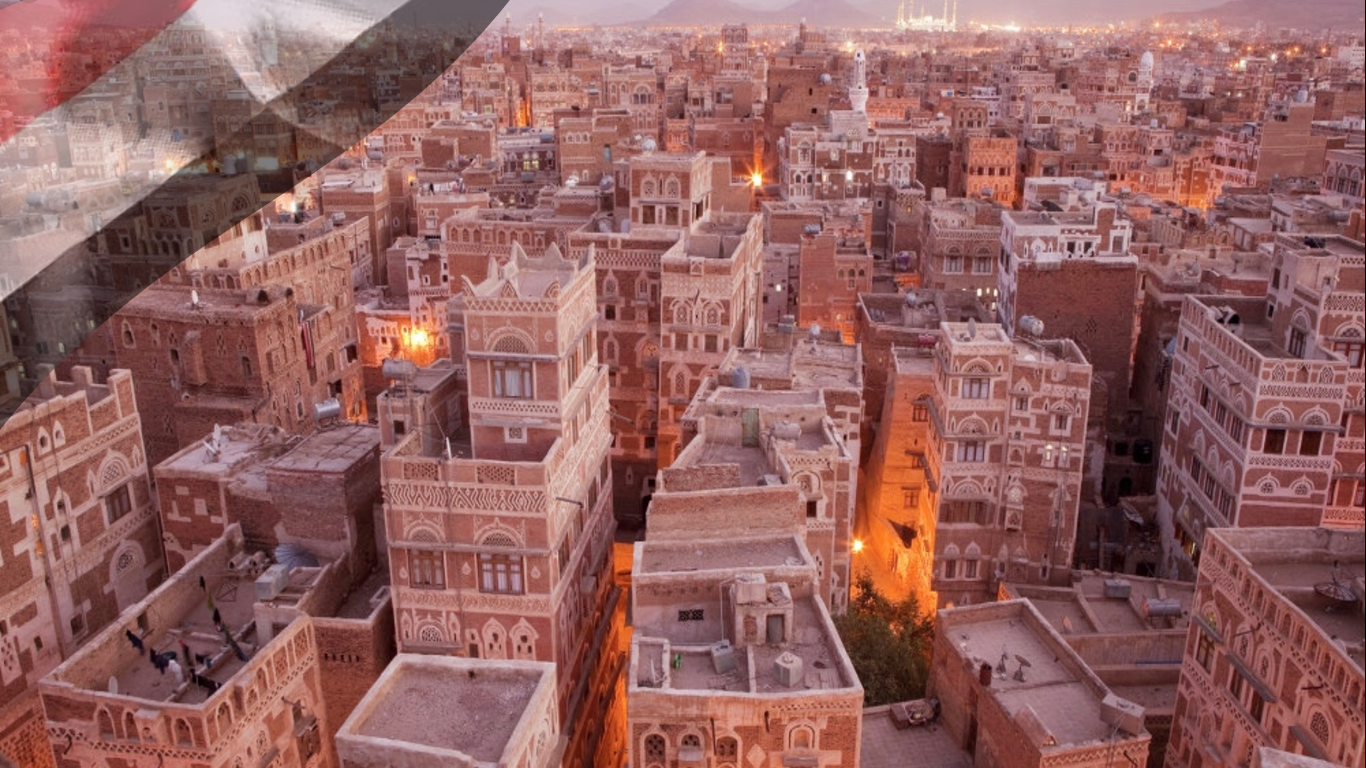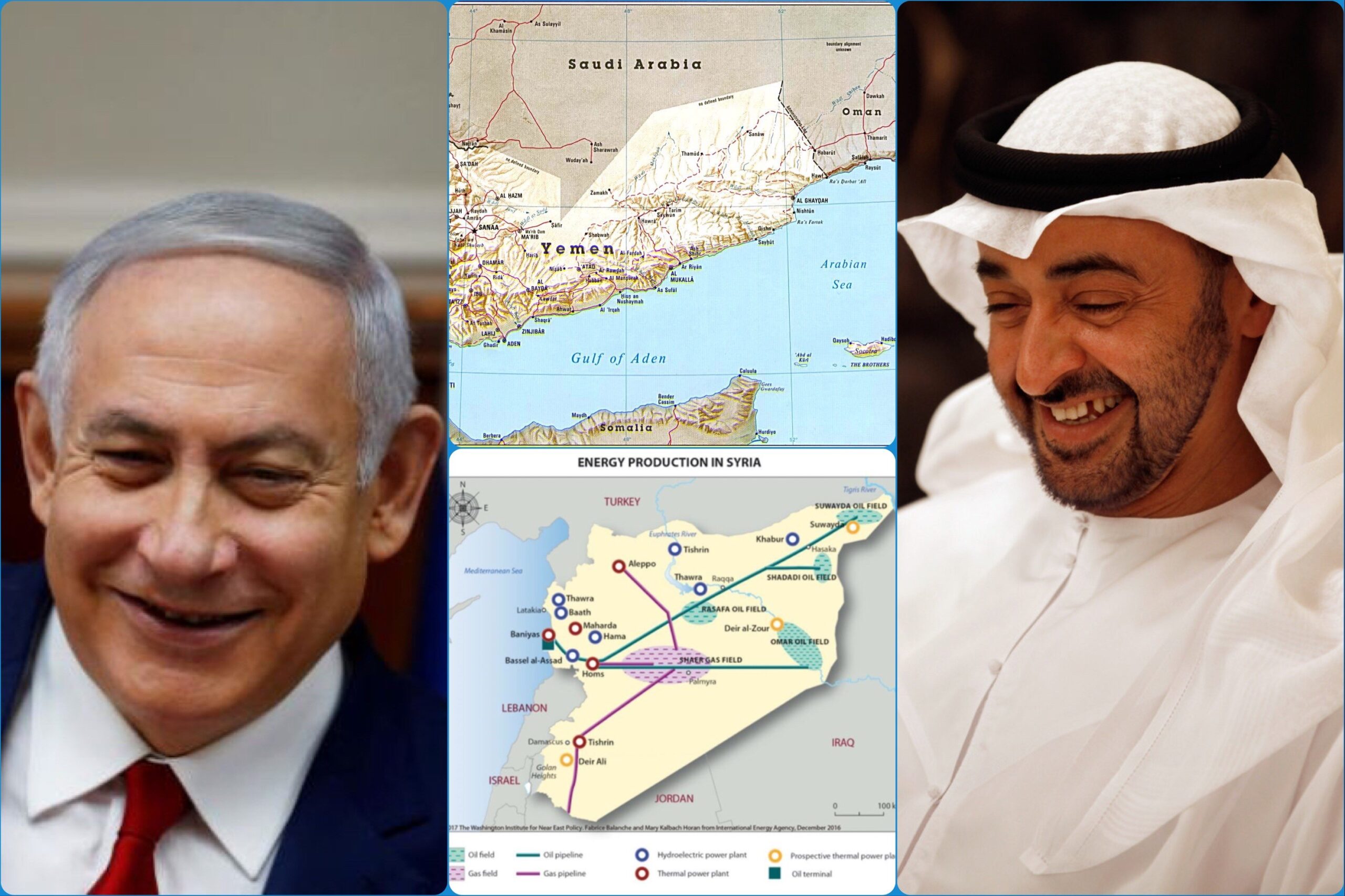Since the infamous agreement between the Emirates and Israel almost a month ago, there were widespread guesses about the next potential Arab states willing to join the trend and also normalize their relations with the Jewish state. However, last week we saw that actually there is no big enthusiasm for that and the opponents are more numerous than the supporters.
For some strange reason, Netanyahu and most of the Israeli leadership were keen showing that they play not only a stronger role in this new relationship, but they absolutely dominate the terms and conditions of this new alliance. And for that they mocked the Emirates in every given opportunity, debunking all the arguments Abū Zabī put forward to justify this move. As we hypothesized last week there might be a reason for that. Some still unannounced matters on which the two sides still haven’t agreed on yet, and until this happens Tel Aviv kept reminding its partner that the match is still not over. That showed on the fixation with the term “suspension” of the incorporation of the West Bank into Israel, and the opposition to the Emirates buying F-35 fighter jets from Washington. In these matters, we start to see more clear by now.
Far from the headlines still busy with the blossoming Israeli-Emirati partnership, subtle, but important shifts happened in two key matters in the Middle Eastern chessboard. Both of them clearly indicate that while the true enthusiasm for each other between Tel Aviv and Abū Zabī might be far, the partnership on strategic military and intelligence fields have already begun. Unsurprisingly both are running under American oversight.
What are these, are how these matters influence the overall Middle Eastern strategic competition? These are our topics for this week, in light of subtle indications that there might be major internal changes in both the Emirates and Saudi Arabia, both serving this trend.
A historic visit
While overall we consider both the failed Middle East journey of Pompeo and the media sensation by Jared Kushner this week as a smokescreen for a much more important event, nonetheless we briefly have to talk about them. On one hand, because they are indeed historic, and on the other because they held many indications for the future.
After last week Pompeo finished his Middle Eastern tour in Oman with only mild rejections, this week Jared Kushner took a similar trip. And the top his journey was his personal show traveling on 31 August from Tel Aviv to Abū Zabī on board of the first official commercial flight from Israel to the Emirates. Onboard of an El Al plane. And he really did his best to present himself, as if all that happened was his personal achievement alone.
He repeated the show in the Emirates, where he was joined by American National Security Advisor Roberts O’Brien, and Israeli National Security Advisor Meir Ben-Shabbat, who addressed the press in Arabic. Strangely, however, there was no one to hold a similar speech by the Emirati side. As if they are not equal partners in this project. The series of meetings were indeed historical, including a visit to the American military base in the Emirates and discussions between Meir Ben-Shabbat and his Emirati counterpart Ṭaḥnūn ibn Zāyid, who not long ago was a very shady character. Beyond the show elements, however, if there is a picture that clearly describes the nature of the talks it is this one.

Two very powerful intelligence chiefs holding formal discussions, while Jared Kushner sitting in the middle under the picture of Sheikh Zāyid, like he was the host. It is, however, very curious that Muḥammad ibn Zāyid, the de facto leader of the Emirates were nowhere to be found. In fact, he hasn’t made any public appearance since the agreement was announced, and only met Pompeo briefly last week. It seems as if the whole matter was taken over by Ṭaḥnūn, either indicating a shift in the internal Emirati fold, or the true nature of the Israel-Emirati partnership.
After the Emirates Kushner, following the footsteps of Pompeo held a series of meetings in the Gulf states, but his push for further normalization was also met with a polite refusal. On 2 September he met with the most promising prospect Emir Tamīm of Qatar, who was not visited by Pompeo, but the Qatari ruler also stressed that there can only be a two-state solution and normalization can only come after this. He met the same result in Bahrain and in Saudi Arabia in the previous days.
That signals that after the historic breakthrough Kushner had envisioned this is still not a regional realignment, but the beginning of an Israeli-Emirati partnership, possibly including Saudi Arabia, though in a less direct manner. Therefore it is curious, why the Israeli press still insists that soon other Arab states will follow. Like last time, when after numerous unclear notions about “many Arab states”, now the Israel media openly named Bahrain as the next possible target, regardless of the fact that the Bahraini monarch has openly dismissed the idea. It is more convincing to suppose that behind the statements and the grand facade the true nature of this trip, the birth of a direct Israel-Emirati alliance was kept hidden. While most of the Arab world is still guessing which state comes next, the deliberations on this strategic partnership are way less. Even though, these projects are well on the way. The possibly worked on them for years, and now were given the green light.
Two subtle details indicate that whatever reservation the two sides still had, by now they managed to hammer out the final details under American oversight. The first is that after many statements by Netanyahu that Israel will not allow the Emirati purchase of F-35 jets, on 3 September the New York Times reported that “Netanyahu “condoned the U.S. plan”. As we said before, the arms deal has and had no threat to Israel, which indicate that the debate was only a bargaining chip until something was agreed on. The second curious step came from the Emirates. Only on 29 August the President of the Emirates, Halīfa ibn Zāyid Āl Nahyān, who was comically absent from all the negotiations and all later steps, issued a decree ending the 1972 Emirati law boycotting Israel. Under this law, it was punishable to hold formal ties with the Israeli state, legal and private entities. This only ended on the 29 August, meaning two weeks after the official agreement with Israel on the normalization, which in theory that time was still punishable by law. Either the Emiratis were that careless about the legal procedures, or they also waited for some final deal. Something, which by now probably happened.
Yemen and Socotra.
There are several less public, but important developments on the Yemeni front. On 31 July a relatively smaller faction the so-called Revolutionary Movement for the Liberation and Independence of South Yemen pulled out from the Riyadh agreement signed on 5 November 2019, which was at that time was a last-ditch attempt to unite the factions in the south under Saudi and Emirati patronage. The unity government envisioned in the agreement aimed still tried to represent whole Yemen and vowed to continue to fight for Sana’a. Now the first major faction pulled out, clearly signaling that the former “legal government” helped by Riyadh and Abū Zabī came to an end and Yemen was about to break up to two. On 25 August the Southern Transitional Council, the strongest Emirati proxy also pulled out, and its members openly started talking about the liberation of South Yemen.
That shows a trajectory, which was clear to see during the last two years. Abū Zabī broke away from the original Saudi idea to bring Yemen under their joint influence, and the Emiratis tricking the Saudis started to carve out a separatist southern state for themselves. The Riyadh Agreement was an attempt to block this path and still salvage some control over key Yemeni areas, but that failed now. The Emirates has two key priorities in this matter. With mostly American backing keep control over the most important southern ports and oil fields, and to take over the island of Socotra, which is in a key position at the southern entrance of the Red Sea. Thus the island looks over some of the most important maritime trade routes in the world. The Emirates started building up local support to incorporate Socotra to the Emirates since 2018, and since June 2020 started building a military base for itself there. The future of the island and the military base there is still unclear, whether it will be incorporated in the Emirates or the new South Yemeni state, but it is certain that Abū Zabī is building up a strong and permanent presence there. Highly probable that the future of this endeavor will be decided on whether the South Yemeni project is viable, or not. Nonetheless, that is a key real estate for the Emirati ambitions both to have control over the maritime routes, and to be a logistical hub for its presence in Egypt, Sudan, Somalia, and other still less embryonic East African projects.

But how it is connected to the Israel partnership? It was revealed on 30 August and was confirmed by local governmental sources that a “foreign” delegation arrived at the island accompanied by Emirati troops assessing the base and talking about expanding it. It was soon revealed that these “foreigners” are Israeli intelligence officers, and the base will be expanded into a joint Israeli-Emirati reconnaissance base, and possibly a naval base. Thus the joint Emirati-Israeli intelligence center will be far from Iran, in a secluded point hard to penetrate, or monitor and this will serve the regional intentions of both states. This would be an ideal center of cooperation against Iran, which already expressed concerns about this prospect, but Tehran is far from being the only one. Naturally, this project to succeed would need either total Saudi-Emirati control over a united Yemen, which is a very far possibly, a separate South Yemen under Emirati dominance, or the incorporation of the island into the Emirates.
The last two, while being far more plausible, naturally will meet Saudi objections, because they both mean that the Yemeni government of President Hādī is over, and Riyadh stays alone on the field still having to face the al-Ḥūtī Movement in the north. In short, after long years of struggle, devastating results and a still treating war Riyadh would end up with nothing, while the Emirates could walk away with all the gains enjoying Western favor. While Saudi Crown Prince Muḥammad ibn Salmān would probably not have much objections to that, being completely under the influence of his Emirati guardian, there are many in the senior Saudi royal and military circles, who would not allow such a blunter so easily. And a few days ago something incredible happened, further supporting this trajectory.
On 1 September Saudi King Salmān dismissed Field General Fahd ibn Turkī ibn ‘Abd al-‘Azīz, Commander of the Joint Operations of the Coalition Forces in Yemen. He was put under investigation for charges of corruption. Corruption is a favorite theme of Muḥammad ibn Salmān, and in recent years he successfully dismantled all opposition in the royal court against him under the pretext of continuing anti-corruption purges. Interestingly, no mentions were made about his military performance, while it knows that he was highly critical of the Emirati actions in Yemen, and all reports concentrated on the corruption narrative. Not only him, but also his son ‘Abd al-‘Azīz, Deputy Governor of al-Ğawf province, who has no senior military role was arrested along with a number of less prominent princes and military officers. Very telling how much the Emirati press celebrated the event and focused solely on the “successes of the anti-corruption campaigns”. It is fitting to suppose that Abū Zabī once again managed to convince the Saudi Crown Prince that there is yet someone threatening his authority, as Prince Fahd has considerable support in the court and the army. His sidelining further consolidates Muḥammad ibn Salmān but also does a great service to the Emirati polices in Yemen, dismantling a major obstacle.
Eastern Syria
Also part of the less public developments of the region, Saudi troops appeared in the illegal American base in aš-Šaddādī. This comes at a time when the Americans are facing more problems consolidating its illegal military presence in Syria, not only against the Syrian state and is Russian and Iranian allies, but on local, tribal levels as well, which Washington cannot handle. Thus the Americans started to utilize the Saudis partly to bare the burden, but also to exploit some of the tribal links it has.
Here, however, there is also a very important role for the Emirates. Since its deep animosity towards Qatar, the Emirates does its best to cut all possible supporting ties for it. That primarily means Turkey, but to some level Iran as well. For that aim, Abū Zabī systematically seeks out the areas, where it can thwart Turkish influence in the region. That means support for Egypt in Libya, coup attempts in several Arab countries, like Lebanon, Tunisia, or Iraq, and causing pain for Ankara on its southern borders. That policy for long meant to support, mostly money and intelligence for the Kurds in Iraq and Syria, but also mean a rapprochement with Damascus in December 2018. It was expected that Abū Zabī will prop up support for Damascus, so the increased support would manifest in military actions against Turkey bogging it down, but for several reasons that proved to be difficult. Support for Syria cannot manifest in only one field but would need to encompass the question of the American occupation in the east and at at-Tanaf, and the Israeli occupation on the Ğūlān. With other American projects, like the still ongoing economic war against Damascus and the Caesar Act that is extremely difficult. The Emirates also had to understand that in light of the Russian, Iranian, and Syrian state interests it cannot dominate the scene in Idlib, and the war there is determined by these interests. Also the Syrian state is understandably skeptical about any Emirati role in the region after the long years supporting the war against Damascus. So having failed to use Syria effectively against Turkey the Emirates slowly departed from the path and return to support the Kurds despite all the objections of Damascus.
Supporting Kurdish ambitions is a vital interest for the Emirates, and if the Americans invite Emirati and Saudi troops there to safeguard their illegal possession that gives an opportunity for Abū Zabī to conduct operations against the Turks. Thus either destabilizing them or obtaining a bargaining chip in the negotiations over Qatar. There is, however, another key player in the Kurdish field beyond them and the Americans, which is Israel. It is also within the vital interests of Israel to support the Kurdish groups, even to create a state for the, which could be a buffer in the middle of the Axis of Resistance, thus cutting the direct land connection between Iran and Syria.
For two completely different reasons, but the Emirates and Israel are both interested to support both the American occupation in Eastern Syria and specifically the Kurds.
Matching interests
To see the crossing point, we have to see the regional strategies of these two new allies. The Emirates, and very specifically the upper layers of the Āl Nahyān family of Abū Zabī, have a prime interest in consolidating their power over the other Emirates, then over the Gulf, and most of the Arab Middle East. The consolidation of power internally pretty much happened already, which is shown that there was no resistance from the other rulers in the state for the Israeli deal. The influence over the Gulf, to make the Emirates the political and economic power hub manifests in the influence over the Saudis, the presence in Yemen, and the indirect control over the Bahrain, which is still expected to be tossed into the normalization as a token of goodwill. However, that met with setbacks both politically and economically, and Qatar became the most potent rival. The numerous attempts to cripple Qatar since the economic war stated in 2017 and before brought no result, mostly for the Turkish and limited Iranian support behind Doha. So the new strategy has become to hit Qatari-Turkish influences and allies in the region, whenever Abū Zabī can meet them. The struggle against Iran, especially under the pretext that Iran occupies three Emirati islands in the Gulf, is more of a political theme than an actual policy. This shows in the fact that it is still the Emirates that as the biggest trade relations with Iran in the Gulf.
This grand-scale strategy needs a strong foreign supporter. That is the lesson of Qatar. The Americans don’t qualify for that role for the simple reason that Washington is not interested in these infightings and wants to hold control over all Gulf states against Iran. So it cannot be expected that the Americans would actively help against Qatar or its Turkish allies. Qatar, and now Oman brought in Turkey, very capable and potent military and economic power, which is far enough not to present an imminent danger. The same concept applies to Israel, as there are no conflicts matters between Tel Aviv and Abū Zabī. That alliance from the Emirati point of view is most directly aimed against Qatar but means a security assurance against Iran as well. And given the growing Israeli influence over Saudi Arabia that can help to win father leverage over Riyadh.
Israel also has layers of prime interest. The first is to secure absolute power over any Palestinian matter. The second layer is to secure that all of its neighbors are permanently made incapable to pose any threat to it. With Egypt and Jordan, the peace accords secured that, just like with Syria the present war. The last regional layer is to confront any state, block, or agenda willing to give support to the Palestinians, or the exploit the Palestinian cause. The biggest of these is Iran and the Axis of Resistance, but Turkey can also be a potential threat, regardless of the otherwise good relations with Ankara. Therefore gaining a base in the Gulf is a huge asset. Just like creating a major operational center between Damascus and Tehran, and also along the Turkish borders is valuable. This approach directly targets Iran but can be useful against Turkey if the situation calls for it.
The birth of a new era?
The Emirati and the Israeli strategies give out a pattern where their primary targets are not identical, but the agendas are not crossing each other. Only the emphasis is not on the same target. Therefore this is not the birth general Arab-Israeli normalization. Nor the Emiratis, nor the Israelis hold that as the most important goal, though they have nothing against it.
This is the beginning of a strategic partnership directly between Israel and the Emirates, but to some extent even with the Saudis. This will very likely start a new chapter in the regional rivalry between the Emirati and the Qatari camps, but the path will also further alienate the Saudis and the Emiratis from the rest of the Arab world.


